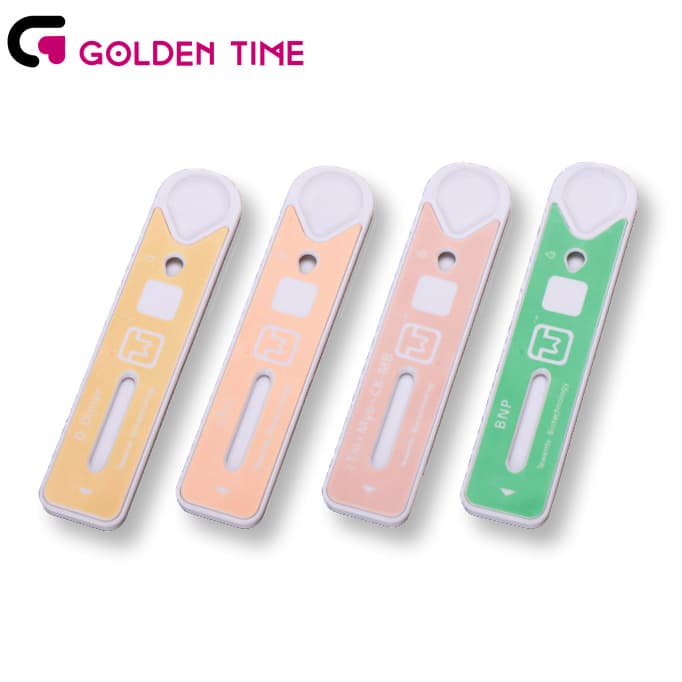Oct . 11, 2024 18:58 Back to list
hepatitis c rapid test kit manufacturer
The Emerging Landscape of Hepatitis C Rapid Test Kit Manufacturers
Hepatitis C, a viral infection that primarily affects the liver, has become a major public health issue globally. The World Health Organization has estimated that approximately 71 million people are living with chronic hepatitis C infection, highlighting the urgent need for effective screening and diagnosis. In response to this rising challenge, the demand for hepatitis C rapid test kits has surged, prompting numerous manufacturers to develop innovative solutions to facilitate timely diagnosis and treatment.
Rapid test kits for hepatitis C are designed to provide quick and reliable results, enabling healthcare providers to determine the presence of the virus in just a few minutes. Unlike traditional laboratory tests that require a blood sample to be sent to a lab, these kits can often be used at the point of care, which is especially valuable in remote or resource-limited settings. The convenience and speed of these tests not only improve patient outcomes but also help to curb the spread of the virus by enabling immediate access to care.
Manufacturers of hepatitis C rapid test kits often utilize advanced technologies such as lateral flow immunoassays or enzyme-linked immunosorbent assays (ELISA) to achieve high sensitivity and specificity. These technology-driven approaches enhance the accuracy of test results and reduce the likelihood of false positives or negatives, which is crucial for effective patient management. Some manufacturers even offer self-testing kits, allowing individuals to test for hepatitis C in the comfort of their homes, thereby increasing accessibility and reducing the stigma associated with testing.
hepatitis c rapid test kit manufacturer

As the market for hepatitis C rapid test kits expands, several key manufacturers have emerged as leaders in the field
. Companies such as Abbott, Roche, and Cepheid have made significant strides in developing reliable and user-friendly testing solutions. Their products are often subjected to rigorous clinical validation to ensure compliance with international standards, which enhances their credibility among healthcare providers.In addition to established companies, numerous startups and smaller manufacturers are entering the market, driven by innovation and a commitment to addressing global health challenges. These new entrants often focus on creating cost-effective solutions, which is particularly important for developing countries grappling with high rates of hepatitis C infection. By providing affordable test kits, they play a critical role in increasing screening rates and enabling timely treatment.
Furthermore, collaborations between manufacturers, governments, and non-profit organizations are vital for improving access to hepatitis C rapid test kits. Initiatives aimed at increasing awareness about hepatitis C and promoting testing are crucial in fighting the virus. Training healthcare personnel on using these rapid test kits effectively can also enhance their impact on public health.
In conclusion, the landscape of hepatitis C rapid test kit manufacturers is evolving rapidly, driven by technological advancements and a growing awareness of the need for accessible testing. As more individuals gain access to reliable diagnostics, the prospects for controlling and ultimately eliminating hepatitis C become increasingly realistic. The combined efforts of manufacturers, healthcare providers, and policymakers will be essential in addressing this global health challenge effectively.
-
Premium Cassette Lateral Flow Devices for Rapid Diagnostics
NewsAug.23,2025
-
Pregnancy Test Calculator: Know Your Weeks, Week by Week
NewsAug.22,2025
-
Malaria Pf Ag Rapid Test Kit - Quick & Accurate Detection
NewsAug.11,2025
-
Accurate Cardiac Marker CK-MB Rapid Test for Quick Results
NewsAug.10,2025
-
Premium Empty ABS Plastic Cassette for Test Strips
NewsAug.09,2025
-
Sterile Urine Cup: Accurate Specimen Collection for Labs & Home
NewsAug.08,2025

